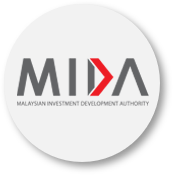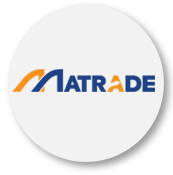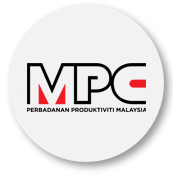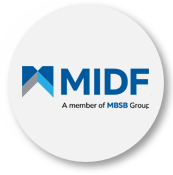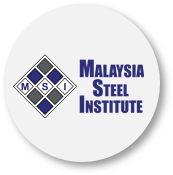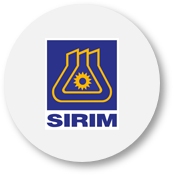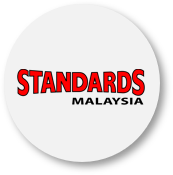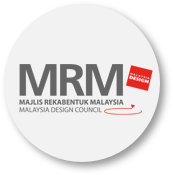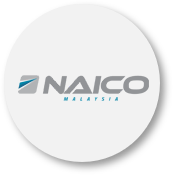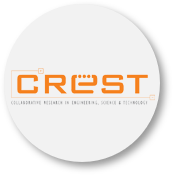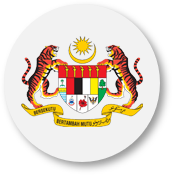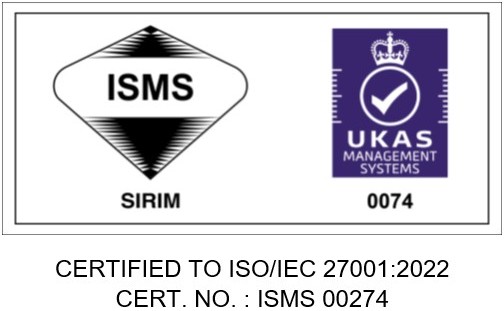Background
-
Cooperation between ASEAN and China was elevated to a higher level with the signing of the Framework Agreement on Comprehensive Economic Cooperation by the ASEAN and China Heads of State / Government on 4 November 2002 in Phnom Penh, Cambodia.
-
The Framework Agreement which came into force on 1 July 2003 is an umbrella Agreement which provides general provision on the establishment of an ASEAN-China Free Trade Area (ACFTA) within 10 years by pursuing:
- progressive elimination of tariffs and non-tariff barriers;
- progressive liberalisation of trade in services and investment;
- strengthen trade facilitation measures; and
- economic co-operation in areas of common interest.
- The following ACFTA Agreements has also being signed:
|
|
|
|
|
|
|
|
|
|
|
|
|
|
|
|
|
|
|
|
|
|
|
|
|
|
|
|
|
|
|
|
Early Harvest Programme (EHP)
-
Tariffs have been reduced from 1 January 2004 by the six original ASEAN member countries (ASEAN-6) and China. Duties were eliminated on 1 January 2006.
-
Malaysia 's products under the EHP:
- 503 unprocessed agriculture products; and
- 87 specific manufactured products such as coffee, animal and vegetable fats/oils, cocoa and cocoa preparations, mineral fuels (coal/coke), soap, stearic acid, article of rubber and glass envelope for Cathode-Ray Tube (CRT).
Trade in Goods
Normal Track
-
Tariff liberalisation on all other products (other than EHP) has been implemented beginning 1 July 2005 and to be conducted in four tranches i.e. 2005, 2007, 2009 and 2010.
-
ASEAN-6 and China is required to reduce tariffs to 0-5% on 40% of their products by 2005 and 60% of their products by 2007.
-
Extended timeframe for tariff elimination of up to 2012 will be given for not more than 150 tariff lines. Malaysia 's 150 tariff lines include:
- polyethylene, polypropylene and polystyrene;
- rubber tyres and tubes;
- textiles and fabrics;
- footwear;
- ceramic products;
- articles of iron and steel; and
- electrical products.
Sensitive Track
-
Products in the Sensitive Track are divided into Sensitive List (SL) and Highly Sensitive List (HSL).
-
Duties for Sensitive List will be reduced to 20% by 2012 and to 0-5% by 2018.
-
Duties for Highly Sensitive List will be reduced to 50% by 2015. No further tariff cut commitments.
-
Malaysia has 701 products in the Sensitive Track, of which 416 are in the SL and 285 in the HSL. Products in the Sensitive Track include:
- unprocessed agriculture products
- tobacco products;
- plywood;
- ceramics and glass;
- iron and steel; and
- automotive products.
Rules of Origin (ROO)
Continuous improvements are being undertaken on the ROO and Operational Certification Procedures (OCP) to simplify the rules and trading procedures under the ACFTA.
- ASEAN and China signed the Second Protocol to Amend the Agreement on Trade in Goods of the Framework Agreement on Comprehensive Economic Co-operation between ASEAN and China at the 17 th ASEAN Summit on 29 October 2010, Ha Noi, Viet Nam and 2 November 2010 in Kuala Lumpur, Malaysia.
- This Protocol has enter into force on 1 January 2011 for Brunei, Malaysia, Singapore, Thailand, Viet Nam and China, 15 January 2011 for Lao PDR and at the latest by July 2011 for the other 4 ASEAN Member States (Cambodia, Indonesia, Myanmar and the Philippines).
- Under the review, ASEAN and China have agreed on (4) four fundamental features in the new revised OCP to facilitate trade and assist the business communities in their business operation:
- “Movement Certificate” means an issuance of Certificate of Origin (CO) by an intermediate ACFTA parties, where the goods pass through, to undergo bulk break activities or repackaging of products;
- “Third Party Invoicing” means invoice issued by third non-ACFTA parties provided that the product meets the requirements of the ACFTA ROO and must be shipped out from either one of the ASEAN Member States or China;
- Longer validity period of 1 year from the earlier period of 4 months for the CO Form E upon presentation to the Customs authority of the importing Party; and
- Allows importing country to undertake verification visits.
- ASEAN and China has also adopted Product Specific Rules (PSR) for the following products:
- textiles and apparel;
- plastic products;
- footwear products;
- iron and steel products;
- preserved fish canned products;
- palm oil and ice cream; and
- jewelry product.
- With the adoption of PSR, ASEAN and Chinese exporters/ manufacturers now have the flexibility of choosing the most convenient rule in meeting the origin criteria of the products i.e., either 40% Regional Value Content (RVC) or PSR, in order to enjoy the ACFTA preferential rate.
- In order for Malaysian exporters to enjoy the tariff concessions offered by China under the ACFTA, Certificates of Origin (Form E) must be obtained from MITI.
Trade in Services
-
ASEAN-China Services Agreement was signed on 14 January 2007. First package of liberalisation commitment was implemented on 1 July 2007.
-
The Agreement excludes services liberalisation pertaining to government procurement and government related services.
-
Negotiations on the second package of liberalisation commitment have been completed and a Protocol to Implement the Second Package of Specific Commitments under the Agreement on Trade in Services was signed at the 19th ASEAN Summit in Bali, Indonesia on 16 November 2011.
-
Malaysia's liberalisation commitments under the First Package include sectors such as:
- architecture;
- engineering;
- telecommunications;
- financial services;
- education;
- health; and
- tourism.
-
China's offers under the First Package include sectors such as:
- computer and related services;
- management consulting services;
- constructions;
- environmental services;
- recreational services; and
- transport services.
Investment
- The ASEAN-China Investment Agreement was signed on 15 August 2009 and has entered into force on 1 January 2010 for all ASEAN Member States and China.
Related information on (ACFTA), including lists of products offered for tariff concessions by both Malaysia and China click on ASEAN-China Free Trade Area (ACFTA).
Related forms in relation to export to China using the ACFTA arrangement can be downloaded by clicking on ACFTA Forms .
Trade under ACFTA Arrangement
Malaysia 's Exports to China
2004 : RM 514.1 million (only EHP)
2005 : RM 1,037.2 million
2006 : RM 3,824.5 million
2007 : RM 5,603.0 million
2008 : RM 6,332.6 million
2009 : RM 8,380.0 millionMalaysia 's Imports from China
2004 : No imports
2005 : RM 25.9 million
2006 : RM 158.1 million
2007 : RM 867.4 million
2008 : RM 1,601.4 million
Benefits
-
The establishment of an FTA between ASEAN and China will create an economic region with 1.7 billion consumers, regional GDP of about US$2 trillion and total trade estimated at US$1.23 trillion. It will be the biggest and largest FTA among developing countries.
-
With a population of 1.2 billion, market access opportunities through preferential trade for Malaysian products will increase.
-
The removal of trade barriers between ASEAN and China will lower costs, increase intra-regional trade and strengthen the attractiveness of Malaysia and the region as a preferred investment destination.
- Agreement on Trade in Goods of the Framework Agreement on Comprehensive Economic Cooperation between ASEAN and China.
- List of products offered for tariff reduction beginning 20 July 2005.
- List of products listed under the Sensitive Track
- Product Specific Rules under the ASEAN-China Free Trade Area.
- ASEAN Consultation to Solve Trade Investment Issues (ACT).
- Framework Agreement on Comprehensive Economic Cooperation between ASEAN and People's Republic of China.
- Protocol to Amend the Framework Agreement.
- Agreement on Dispute Settlement Mechanism of the Framework Agreement on Comprehensive Economic Cooperation between ASEAN and China.
Tariff Reduction Schedules for ACFTA
ASEAN-China Trade in Services Agreement
Review on the Operational Certification Procedures (OCP) of ASEAN-China FTA
Tariff Reduction Schedules on Sensitive Track under ACFTA
Notice : Recognition Of New CO Form E
ASEAN-China Investment Agreement
Product Specific Rules under the ASEAN-China Free Trade Area
Last Updated 2015-05-14 12:01:20 by admin2







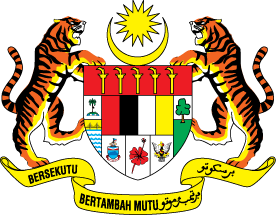





 Home
Home








